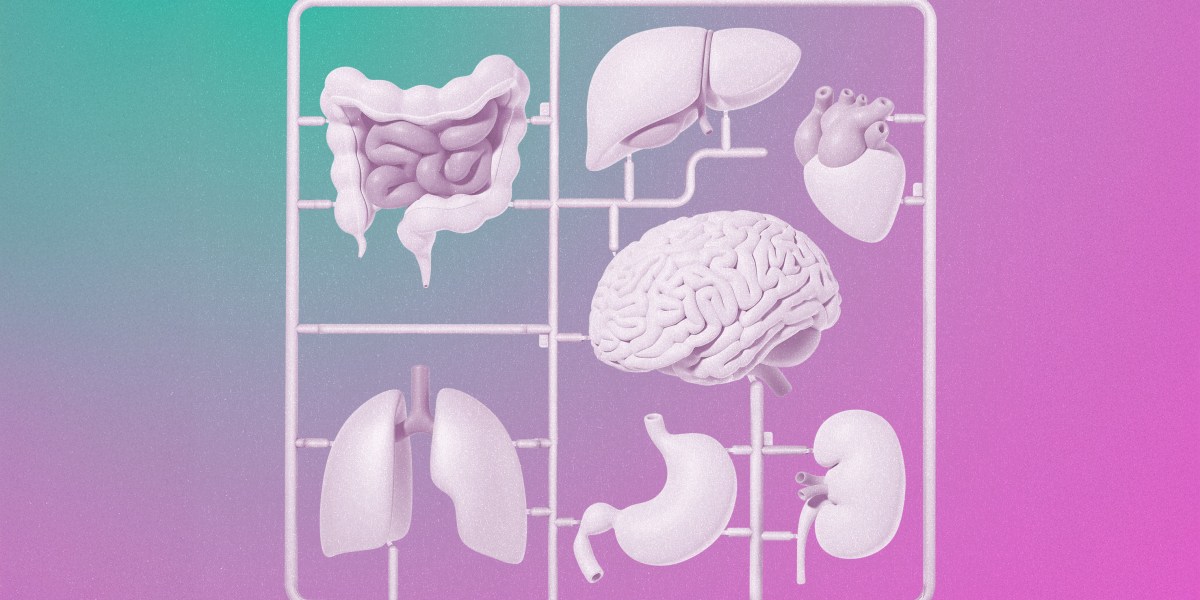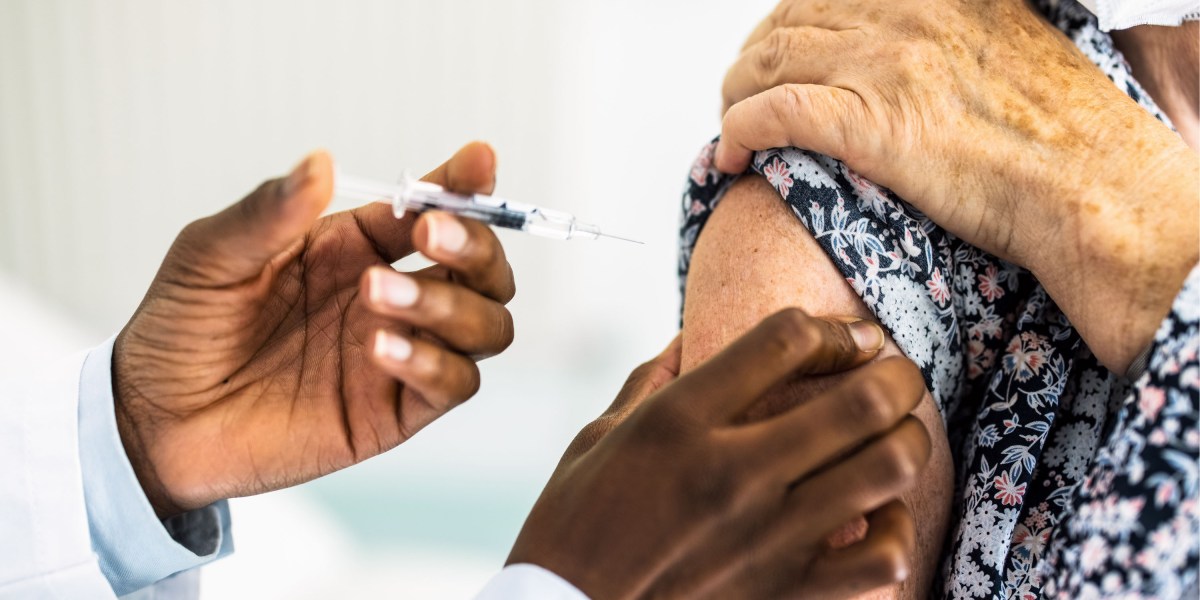The epilepsy trial, from a company called Neurona Therapeutics, is at an early stage—only 15 patients have been treated. But the preliminary results are remarkable.
Last June, a different stem-cell study delivered dramatic results. This time it was in type 1 diabetes, the autoimmune condition formerly called juvenile diabetes, in which a person’s body attacks the beta islet cells in the pancreas. Without working beta cells to control their blood sugar levels, people with type 1 diabetes rely on daily blood glucose monitoring and insulin injections or infusions to stay alive.
Explore the full 2025 list of 10 Breakthrough Technologies.
In this ongoing study, carried out by Vertex Pharmaceuticals in Boston, some patients who got transfusions of lab-made beta cells have been able to stop taking insulin. Instead, their new cells make it when it’s needed.
No more seizures. No more insulin injections. Those are the words patients have always wanted to hear. And it means stem-cell researchers are close to achieving functional cures—when patients can get on with life because their bodies are able to self-regulate.



